Child Welfare Stipend Program: Meet our 15 upcoming graduates
The Title IV Child Welfare Stipend Program at VCU continues to serve as a pipeline for developing talented graduates and future leaders in the field of public child welfare – and 15 more School of Social Work students are set to to join the field later this year.
The CWSP provides students with specialized training and field placements to prepare for a career in child welfare, partnering with Virginia DSS. VCU is one of four state universities that has the program.
The program provides a $10,000 stipend for up to two academic years to B.S.W. and M.S.W. students at the school who apply and are accepted. Graduates are required to complete a payback requirement to work at a local DSS in Virginia, one calendar year for each academic year they were in the program. The Title IV-E of the Social Security Act funds the initiative.
CWSP ALUMNI
We want to connect with graduates of the Title IV-E Child Welfare Stipend Program at VCU! If you are a CWSP alum, please fill out this form.
Since being restarted in 2017 after a seven-year hiatus, the program has graduated 43 students; 12 more are expected to graduate in May with an additional three in August.
Here’s a snapshot of each of the 15 as they explain their interest in the program and the field:
Advocating for vulnerable populations
Kayla Fletcher: “My eyes have been opened to the systemic harm in child welfare, specifically to families in poverty and families of color. The CWSP at VCU has emboldened me to address these concerns head-on as we begin the uphill battle of reshaping a system that was not built for marginalized communities.”
Domoniquie Ginyard: “The CWSP at VCU has helped me to advocate for vulnerable populations within the child welfare system by allowing me to see from the inside out, and by giving me the tools to successfully meet clients where they are while building them up and treating them as individuals.”
Emily Moss: “The CWSP at VCU has provided meaningful workshops and webinars that have uplifted the voices of vulnerable populations so that I may be a stronger advocate for children and families in these populations.”
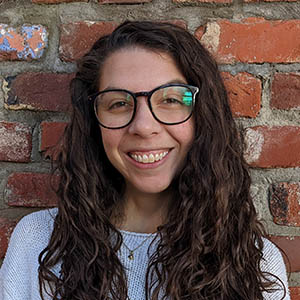
Kayla Fletcher 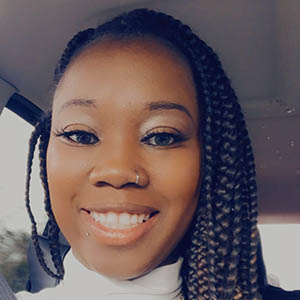
Domoniquie Ginyard 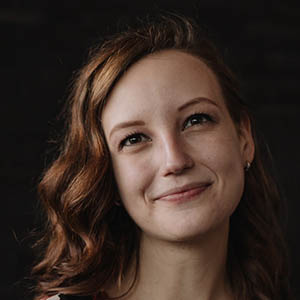
Emily Moss
Building resiliency
Katelyn Bond: “The CWSP at VCU has built my resiliency in helping me to understand that learning is a life-long practice best supported by strong teachers, colleagues, and a network of support systems.”
Zachary Carr: “The CWSP at VCU has strongly encouraged self-care and flexibility in practice, and has been a huge system of support in my professional and academic career.”
Savannah Hairston: “The CWSP has helped me to find myself as an emerging professional social worker by showing me that I am more than an intern and that I am capable of making a difference in my field.”
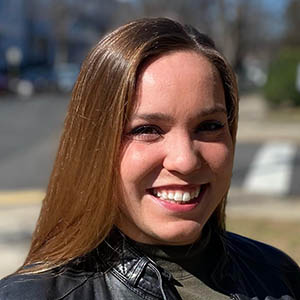
Katelyn Bond 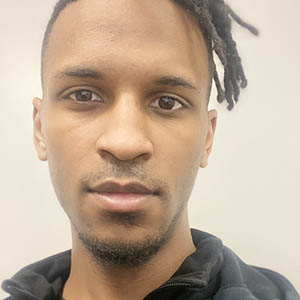
Zachary Carr 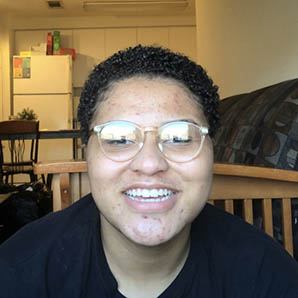
Savannah Hairston
Engaging families
Sarah Stein: “I know the CWSP at VCU fully prepares its students to work closely, respectfully and diligently with families to bring positive changes to people’s lives by placing a high value on all family members from all backgrounds.”
Fostering connections
Hayley Jenkins: “CWSP has helped me to learn to be consistently present as a person and as a worker to help others to feel really seen and heard.”
Amber Murphy: “The stipend program has taught me how important connections are with other professionals at any point in our careers. These connections are valuable when trying to apply for jobs, and also beneficial when partnering with clients and between agencies.”
Marta Rampini: “Through the CWSP at VCU, I have learned how to create meaningful connections with children and their families as a professional social worker by affirming that the client is the expert of their own experience.”
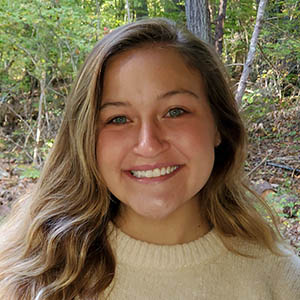
Sarah Stein 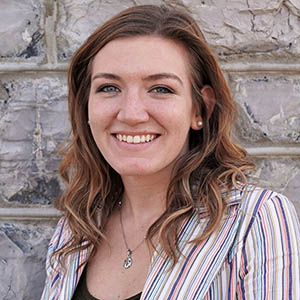
Hayley Jenkins 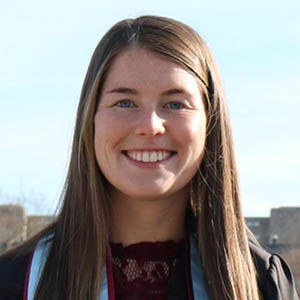
Amber Murphy
Leadership development
Autum Greene: “I have gained confidence advocating for clients, using strategic problem-solving and being self-aware.”
Latasha Jones-Patterson: “The CWSP at VCU has helped me to develop my leadership skills by continuing to challenge me, providing me with additional resources, and by letting me know that I am not alone during challenging times.”
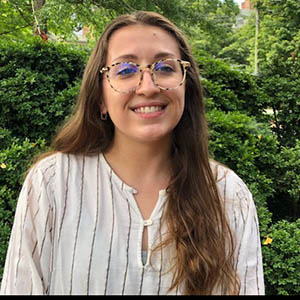
Marta Rampini 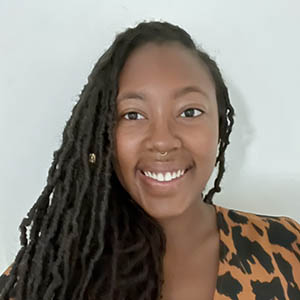
Autum Greene 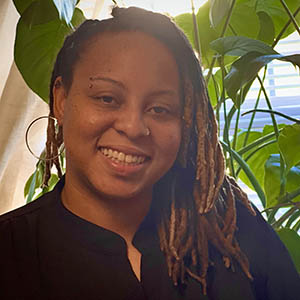
Latasha Jones-Patterson
Supporting children
Shawn Lawrence: “Understanding childhood trauma and the complexities that entails has contributed to a more holistic understanding of individual experiences and how to relay that to paraprofessionals and participating team members when advocating for our youth.”
Why child welfare?
Pilar Durst: “I chose to focus on child welfare for a hands-on opportunity and a fulfilling career devoted to protecting the safety and well-being of children while also giving their parents the support and compassion they need to make positive changes.”
Samantha Elswick: “My family has fostered and adopted six children from 2015-present, and this inspired me to choose a career path that allows me to give back to the community.”
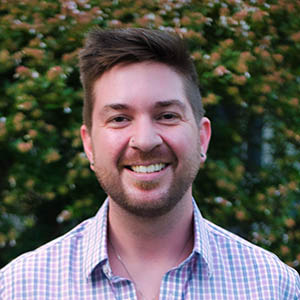
Shawn Lawrence 
Pilar Durst 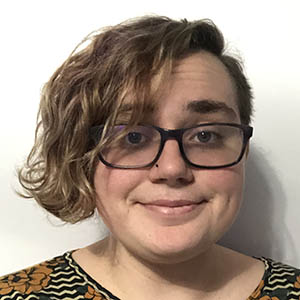
Samantha Elswick: